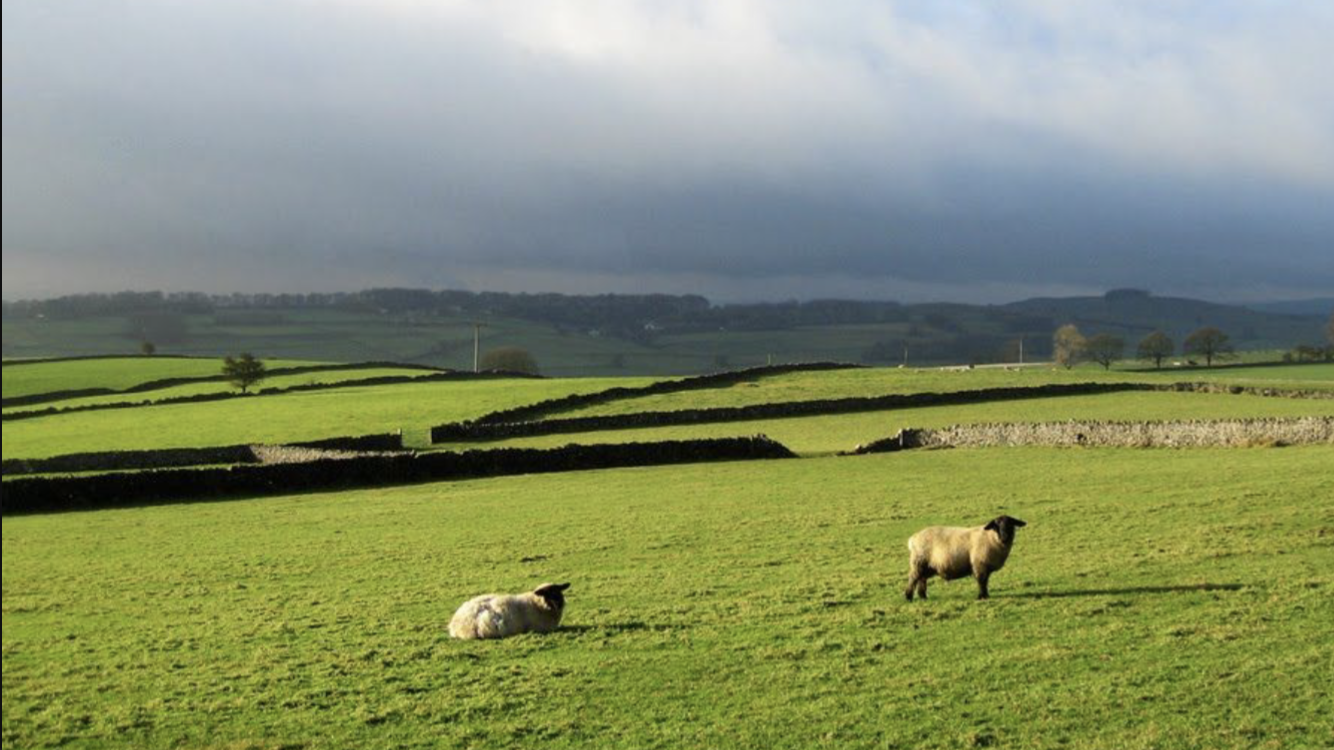Animal Feed from Black Soldier Fly Larvae
Description and Usage: part 2
Black soldier fly larvae (BSFL) can be used as a high-quality protein source in animal feed formulations across various livestock and aquaculture industries. The larvae can be fed live, dried, or processed into meal form, offering flexibility in feeding methods.
Usage Across Animal Industries:
- Poultry: BSFL can be incorporated into poultry diets as a partial or complete replacement for traditional protein sources like soybean meal or fishmeal. They provide essential amino acids necessary for muscle development and egg production.
- Swine: Swine can also benefit from BSFL inclusion in their diets. The larvae offer a balanced profile of nutrients, promoting growth and improving feed efficiency in pigs.
- Aquaculture: BSFL are increasingly used in aquafeed formulations for fish and shrimp. Their high protein content and favorable amino acid profile contribute to healthy growth and development in aquatic species.
- Pets: BSFL are suitable for pet diets, including dogs, cats, reptiles, and exotic birds. They offer a natural source of protein and nutrients, supporting overall health and vitality in companion animals.
Amount and Nutritional Composition:
The amount of BSFL included in animal feed formulations varies depending on factors such as species, age, and nutritional requirements. Typically, BSFL can replace a portion of traditional protein sources in feed formulations, with inclusion levels ranging from 5% to 50%.
Nutritional Composition of Black Soldier Fly Larvae:
- Protein: BSFL are rich in protein, containing approximately 40% to 60% on a dry matter basis, making them comparable to or even higher in protein content than conventional feed ingredients like soybean meal.
- Essential Amino Acids: BSFL provide a well-balanced profile of essential amino acids, including lysine, methionine, and threonine, which are crucial for animal growth and development.
- Fats and Lipids: BSFL contain beneficial fats and lipids, including omega-3 and omega-6 fatty acids, which contribute to the overall nutritional value of the larvae.
- Vitamins and Minerals: BSFL are a source of vitamins and minerals, including calcium, phosphorus, and B vitamins, essential for metabolic processes and overall health in animals.
Advantages over Grains:
BSFL offer several advantages over traditional grain-based protein sources in animal feed:
- Higher Protein Content: BSFL typically have a higher protein content than grains like corn or wheat, providing a concentrated source of nutrition for animals.
- Reduced Environmental Impact: BSFL farming requires less land, water, and resources compared to grain cultivation, making it a more sustainable option for feed production.
- Complete Protein Profile: BSFL provide a complete profile of essential amino acids, eliminating the need for supplemental amino acids in feed formulations.
- Reduced Dependence on Soy and Fishmeal: Incorporating BSFL into animal feed reduces reliance on soy and fishmeal, which are associated with environmental concerns such as deforestation and overfishing.
In summary, black soldier fly larvae offer a versatile and sustainable solution for animal feed production, providing essential nutrients and promoting the efficient utilisation of organic waste streams.
Coming next:
part 3 Hatching Black Soldier Fly Eggs
